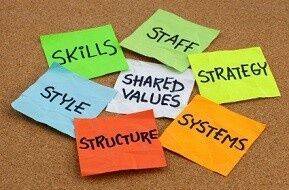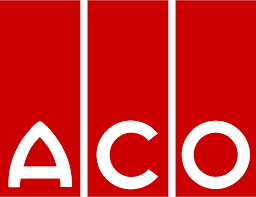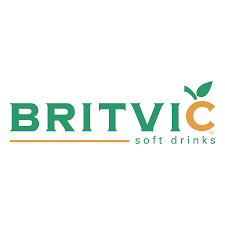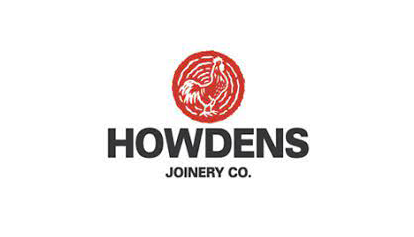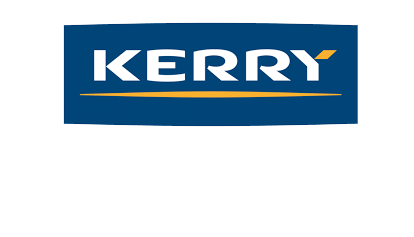It is not uncommon to find organisations where senior managers support the need for change and improvement but where first line managers struggle to make it happen.
Thomas Edison is credited with the adage that “Genius is 1% inspiration and 99% perspiration”. We may change the percentages but anyone who has tried to apply a new idea to their workplace will agree that getting new ideas adopted is more difficult than generating them in the first place. In organisations that do this well, Managers, Team Leaders and Key Personnel work together as improvement leaders to ..(click to read more)
....engage the workforce with the new thinking and then refine ideas through practical team based improvement projects.
This approach succeeds because those that are impacted by any changes are coached by team leaders as a team to;
- understand the end to end process and what contributes to the problem first hand,
- reflect on the changes needed
- learn how to adopt the new approach into their work routines using a hands on iterative approach.
A typical workplace learning project passes through 3 measurable quality milestones:
- The first milestone is achieved when the potential improvement areas are identified, prioritised and improvement tactics are defined;
- The second milestone is passed after the improvement team has been mobilised and they are tracking the impact of their programme;
- The final milestone is achieved when sustained improvement has been delivered and formal recognition can be made of their success.
Developing First Line Managers to Coach Improvement Teams
Workplace projects provide immediate feedback on barriers to progress (real and imagined). First Line Managers need to learn how to help teams overcome problems, refine ideas and progress them further. This makes the workplace project a learning and develpment vehicle for first line managers to develp their ability to:
- Set improvement priorities based on an equal understanding of shop floor issues and key business performance drivers;
- Define improvement tactics and mobilise resources against a realistic and achievable timetable;
- Train and coach improvement teams to progress along that improvement path with confidence
- Enrol and engage those impacted with the change with the compelling need to adopt and refine the improved approach.
The learning plans below provide examples of how this development can be supported using DAK Academy short courses combined with practical workplace learning projects to deliver business gains.
For Production Team Leaders and Managers
3 day Implement Best Practice TPM Workshop plus workplace learning projects covering:
- Improving Asset reliability and OEE
- Standardising work routines and problem prevention
- Local Area Management and Focussed Improvement
3 day Practical Lean Leadership for Team Leaders and Managers plus workplace learning projects covering:
- Mapping waste and developing programmes that engage
- Visualisation to communicate with meaning
- Practical Problem Solving Leadership
For Maintenance Team Leaders and Planners
3 day Maintenance Planning and Scheduling work control workshop Plus workplace learning projects covering:
- Work routine definition and frequency
- Maintenance systems and processes
- Maintenance task management




